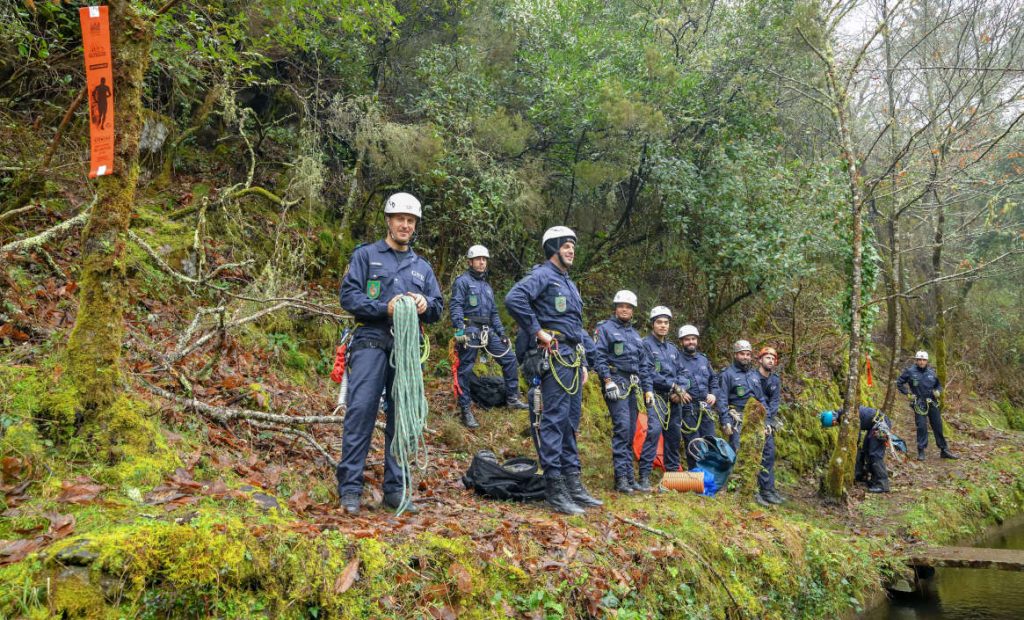Each athlete is responsible for their own safety. In the mountains, autonomy is the foundation that should always be the priority over everything. To be autonomous, it is essential to take care of one's own health and to know how to evaluate oneself. Think about eating and drinking regularly. Watch for symptoms that could be a warning: nausea, difficulty urinating, blood in the urine, tachycardia, hypothermia, or hyperthermia. If you have a problem, ask yourself, “Can I get to the next PAC without endangering me?” If you cannot continue, call the number on your bib or 112. Note that even if organization has a well-structured plan to help ensure the safety of athletes, various mountain or race environment situations can keep you waiting for help longer than expected.

Safety
All the required gear as well as the recommended for the Louzanskyrace is thought for yours. There is nothing useless. In the mountains, weather conditions change very fast and these changes are not always predictable in advance.
Solidarity is an essential value in the mountains. Helping a runner who is injured or in difficulty is an absolute must. If you find a person in difficulty, talk to them, ask them how you feel, alert them and stay with them until help arrives.
The location of the victim and the nature of their problem or injury is important information for first responders. According to Louzanskyrace regulations, you must have one with a fully charged battery. To save battery power, consider turning off several useless mountain options, such as wifi, bluetooth®, and 3 / 4G.
In addition to your safety, your performance will be great if you have the right material. Excess heat is a source of wasted energy… save you the most energy to run!

